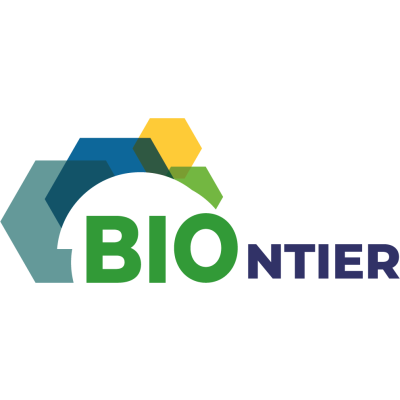
BIOntier
BreakIng FrOntiers in sustainable and circular biocomposites with high performance for multi-sector applications

BreakIng FrOntiers in sustainable and circular biocomposites with high performance for multi-sector applications
The need for renewable, eco-friendly materials is driving the increasing demand for bio-based composites. The sector is however facing many challenges linked to performance, production cost, affordability, environmental impact, and sustainability, among others.
BIOntier is addressing these challenges by creating sustainable and cost-effective multifunctional bio-based composites. The project aims to form a robust alliance and an integrated, industry-driven platform to design, develop, and manufacture these composites at scale. This will enhance the manufacturing process, improve synthesis and stability, lower the environmental impact, and support the EU's circular bioeconomy.
The bio-based composites developed by BIOntier will have enhanced thermal, mechanical and chemical properties, as well as corrosion and chemical resistance, hardness and mechanical resistance, high temperature and fire resistance, and structural health monitoring functionalities. The composites will have an improved performance benefitting four priority sectors: automotive, aerospace, energy (H2 economy), and water treatment.
BIOntier aims to generate economic growth, create jobs and industrial leadership, enhance environmental protection, and increase the European Union's industry competitiveness via these impacts: